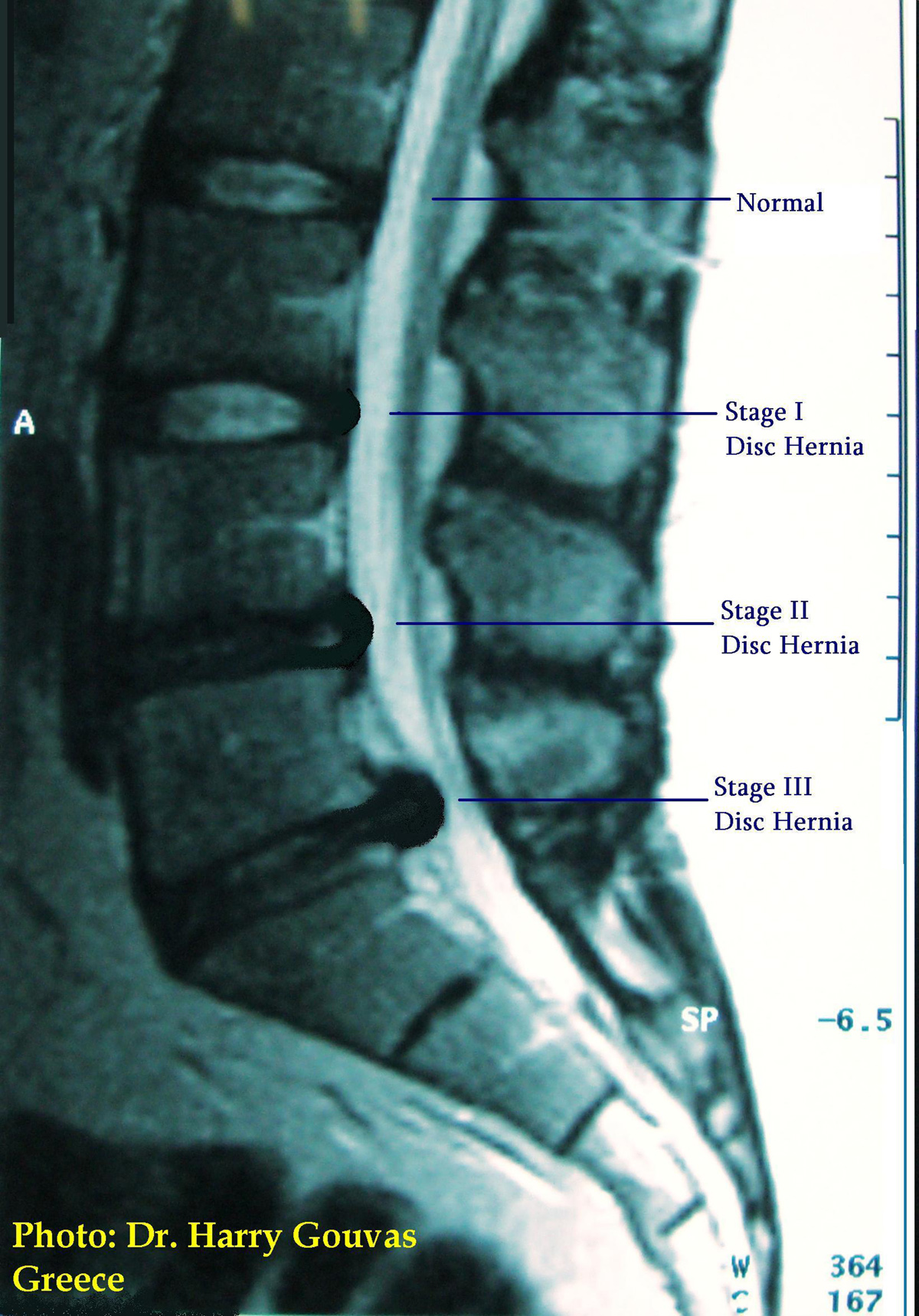
IncisionalHernia Repair
Herniasare generally caused by a huge strain being placed on the weaker partof a person's abdomen or diaphragm, causing part of an organ(typically the intestines) to push through the muscle walls. However,a hernia can also occur due to a wound, surgical or otherwise, whichhas healed poorly and allows an organ to protrude through it. Herniascan be of different shapes and sizes depending on the organ and the sizeof the hole or weakened muscle. Incisional hernias can happen at anytime after a surgery or wound; it can sometimes take years for theincision to weaken or open wide enough to allow the organ through.
Incisionalhernias are generally caused by the same factors as normal hernias asthey are in effect the same problem that happened in a different way.Obesity is a major cause of herniation, since it places so muchstrain on the musculature. Intense vomiting, sneezing or coughing cancause a hernia due to the strong forces involved, while lifting heavyobjects can have a similar effect. Extraordinarily uncomfortablebowel movements can also cause herniation.
Symptomsof Incisional Hernias
Thereare two main types of hernia. The first is the reducible hernia,which is easily treated and can usually be simply pushed back throughthe gap it came through. They have a small chance of recurring, butusually do not cause severe pain or other problems.
Thesecond type is much more serious and is called a strangulated hernia.This is when a herniation cannot be pushed back and the organ hasgotten caught on the edge of the gap or incision. This can become aserious problem if the herniation becomes infected because it cancause gangrene, a condition that requires immediate surgery tocorrect. Strangulated hernias are generally quite painful and areusually accompanied by constipation, nausea and throwing up. They arealso susceptible to various infections and can grow larger ifignored.
Diagnosisand Repair
Adoctor will typically take an x-ray of a major hernia to determinethe exact cause and location of it. This usually follows a full exam,however, as some hernias can be easily diagnosed with a hands-onexamination. Most reducible hernias will vanish when the person liesdown, only reappearing when they come upright again, so the doctorwill test for this too.
Strangulatedhernias, on the other hand, must be operated on to replace theaffected organ and to repair the hole so that it does not reoccur.Some may require emergency hospitalization if they are severe enough.Ironically, during the surgery a few small incisions are made to easethe organ back into place.
Recoverytime after a hernia surgery is usually quite fast and certain painmedication is prescribed to help alleviate any post-operative pain.


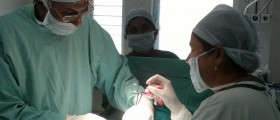

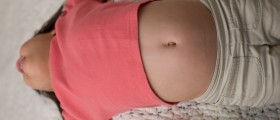

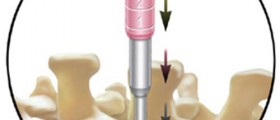

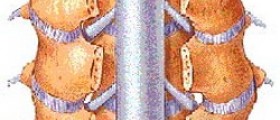
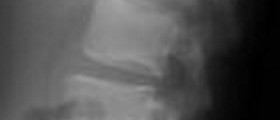

-Arthritis_f_280x120.jpg)


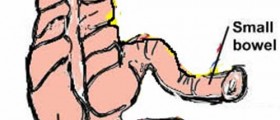

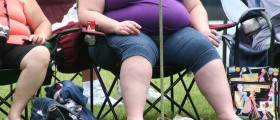
Your thoughts on this
Loading...